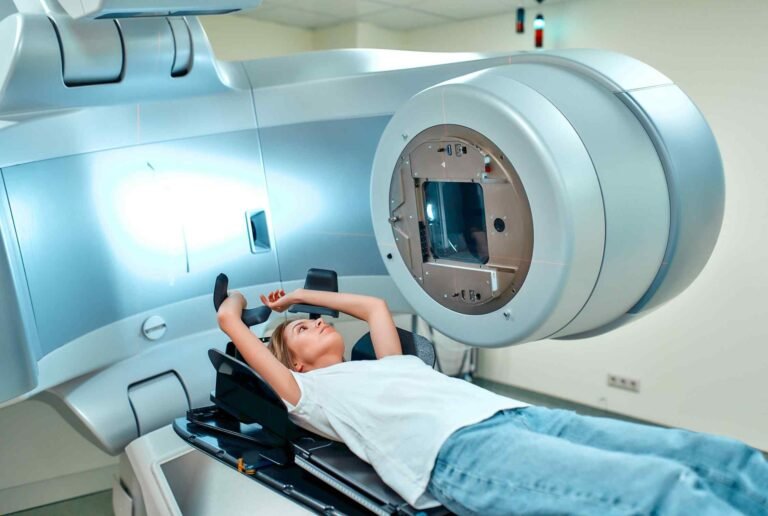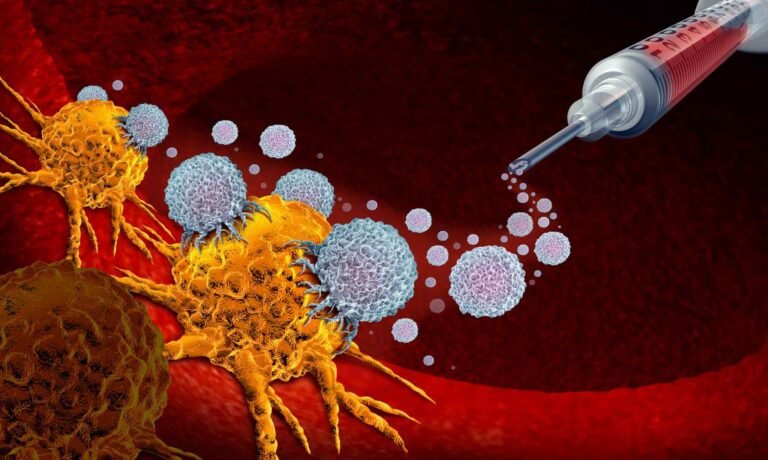Pain Management In Cancer Care
Pain is a significant concern for many individuals facing a cancer diagnosis, impacting not only physical well-being but also emotional and psychological health. The effective management of pain is essential in providing holistic care to cancer patients, enhancing quality of life, and facilitating optimal treatment outcomes.
As individuals experience cancer, pain can present in different ways, including acute, chronic, and breakthrough pain, each presenting specific challenges and considerations.
As we discuss pain management in cancer care, we’ll cover the specific types of pain, the importance of tailored interventions, and the multidisciplinary approaches aimed at alleviating suffering and restoring comfort for individuals.
Pain Management Strategies
In the comprehensive management of pain associated with cancer, a multifaceted approach is often required, incorporating both pharmaceutical and non-pharmaceutical interventions to address the diverse needs of patients.
In what follows, we look at some specific pain management strategies employed in cancer care:
Pharmaceutical Interventions
Opioids: Opioids remain a standard in the pharmacological management of cancer pain, offering potent analgesic effects that can provide significant relief for patients. These medications work by binding to opioid receptors in the brain and spinal cord, thereby modulating pain perception and response.
Opioids may be prescribed in various forms, including immediate-release formulations for breakthrough pain and extended-release formulations for around-the-clock pain control. However, their use requires careful titration and monitoring to mitigate the risk of adverse effects such as respiratory depression, constipation, and sedation.
Anticonvulsants: Certain anticonvulsant medications, such as gabapentin and pregabalin, have demonstrated efficacy in managing neuropathic pain associated with cancer, including shooting or burning sensations, tingling, or numbness.
These medications stabilize abnormal electrical activity in the nervous system, thereby reducing pain signals transmitted to the brain. Anticonvulsants may be used alone or in combination with other analgesic agents to optimize pain control and improve overall quality of life for patients.
Non-opioid Analgesics: Non-opioid analgesic medications, such as nonsteroidal anti-inflammatory drugs (NSAIDs) and acetaminophen, play a valuable role in managing mild to moderate cancer pain, particularly inflammatory or musculoskeletal pain.
These medications work by inhibiting the production of prostaglandins, chemicals that contribute to pain and inflammation. While NSAIDs may be effective for short-term pain relief, long-term use should be approached cautiously due to the risk of gastrointestinal bleeding, kidney dysfunction, and cardiovascular events.

Non-Pharmaceutical Interventions
Physical Therapy: Physical therapy techniques, such as exercise, stretching, and manual therapy, can help improve mobility, strength, and function while reducing pain and discomfort in cancer patients. Physical therapists create individualized treatment plans to address specific impairments and limitations, promoting overall well-being and enhancing quality of life.
Psychotherapy: Psychotherapeutic interventions, such as cognitive-behavioral therapy (CBT), relaxation techniques, and mindfulness-based stress reduction, can help cancer patients cope with pain and distress by addressing maladaptive thoughts, behaviors, and emotional responses.
By promoting coping skills, problem-solving strategies, and emotional resilience, psychotherapy can empower patients to manage pain better and improve overall psychological well-being.
Integrative Therapies: Complementary and integrative therapies, including acupuncture, massage therapy, aromatherapy, and music therapy, may provide additional relief for cancer-related pain while promoting relaxation, stress reduction, and overall comfort.
These therapies can be used alongside conventional treatments to enhance pain management and improve the quality of life for patients undergoing cancer care.
The Role of Palliative Care
Palliative care is an integral part of the holistic management of cancer, offering essential support, symptom management, and psychosocial care to patients and their families.
Integrated early in the cancer care continuum, palliative care ensures that individuals facing a cancer diagnosis receive comprehensive support specific to their needs, irrespective of their disease stage or prognosis.
By embracing a collaborative and interdisciplinary approach, palliative care teams work closely with patients, families, and healthcare providers to address physical symptoms, alleviate suffering, and enhance overall comfort and well-being.
Through effective symptom management, including pain relief, nausea control, and fatigue management, palliative care specialists help patients navigate the complexities of cancer treatment with dignity and grace. Moreover, palliative care provides invaluable psychosocial support, offering counseling, spiritual care, and emotional guidance to help individuals cope with the emotional distress, anxiety, and existential concerns associated with a cancer diagnosis.
By facilitating open and honest communication, palliative care fosters shared decision-making and advance care planning discussions, ensuring that patients’ values, goals, and wishes are respected and honored throughout the cancer treatment process. Ultimately, the overarching goal of palliative care is to enhance the quality of life for patients and families facing cancer, promoting comfort, dignity, and meaning amidst adversity.

Final Thoughts
Effective pain management and the integration of palliative care help to optimize patient outcomes and enhance quality of life. From the comprehensive strategies employed to alleviate pain, including pharmaceutical and non-pharmaceutical interventions, to the holistic support provided by palliative care teams, the overarching goal remains steadfast.
By embracing a multidisciplinary approach that addresses the diverse physical, emotional, and spiritual needs of individuals facing cancer, healthcare providers can navigate the complexities of treatment with compassion, empathy, and a commitment to holistic care.






